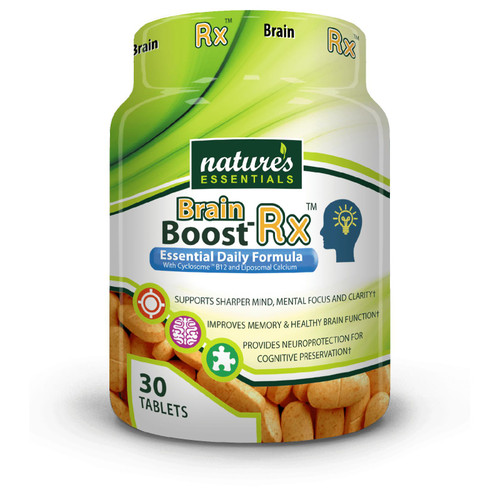Human skin can age from many factors such as genetics exposure to ultraviolet (UV) radiation, mechanical stress, hormonal changes (1). Therefore, the skin aging process can be either due to intrinsic aging or photoaging. Photoaging refers to premature skin aging caused by chronic exposure to UV radiation, especially its UVB component, which is regarded as the primary cause of skin damage (2). The characteristics of photoaging include fine and coarse wrinkles, dryness, roughness, shallowness, mottled dyspigmentation, histological changes, and a variety of cutaneous changes including altered skin barrier function.
Nothing in life is guaranteed except death and taxes as they say, but the results from studies conducted on Collagen peptides have provided very positive results in the search of the fountain of youth. Collagen Tri-Peptide (CTP) treatments in vivo showed significantly reduced wrinkle formation, skin thickening, and transepidermal water loss (TEWL). Skin hydration and hydroxyproline were increased in the CTP-treated group. Additionally, oral administration of CTP prevented UVB-induced MMP-3 and -13 activities as well as MMP-2 and -9 expressions. More simply stated, oral administration of CTP increased skin elasticity and decreased abnormal elastic fiber formation. Erythema was also decreased in the CTP-treated group. Taken together, these results strongly suggest that Collagen Tri-Peptides have a great potential as an anti-aging supplement.
To dive a little further, MMPs (matrix metalloproteinases) are a family of 24 zinc-dependent proteolytic enzymes, sub-classified into functional groups based on substrate preference and structural homology. MMPs play important roles as structurally related matrix-degrading enzymes in various destructive processes, including inflammation, tumor invasion, and skin aging. Since MMPs participate in the skin photoaging process, regulating their activities may be a strategy for the prevention and treatment of UV-induced skin damage. Once human or mouse skin is exposed to UV radiation, the synthesis of MMP-1 (interstitial collagenase) is induced, which then degrades type I and III collagens; MMP-3 (stromelysin-1) degrades type IV collagen of the basement membrane and MMP-9 (gelatinase) further degrades the collagen fragments generated by MMP-1. Rodents lack the gene for MMP-1, which is instead functionally replaced by MMP-13.
Collagen has been used as a skin function ingredient for its efficacy in moisturizing and enhancing elasticity. Recent studies have shown that peptides obtained from protein hydrolysis, such as collagen hydrolysate, are effective skin moisturizing and anti-wrinkle agents. As previously reported, the oral intake of collagen or collagen peptides are effective antioxidants for skin protection. In this research, the studies estimated the effects of CTP, obtained from the skin of sutchi catfish, on UV-induced skin damage, using a hairless mouse model, in order to uncover mechanisms underlying its skin moisturizing and anti-wrinkle effects. As the main component of connective tissue, Collagen is the most abundant protein in mammals making up from 25% to 35% of the whole-body protein content. Collagen, in the form of elongated fibrils, is mostly found in fibrous tissues such as tendons, ligaments and skin. It is also abundant in corneas, cartilage, bones, blood vessels, the gut, intervertebral discs and the dentin in teeth. In muscle tissue, it serves as a major component of the endomysium. Collagen constitutes one to two percent of muscle tissue, and accounts for 6% of the weight of strong, tendinous muscles. The fibroblast is the most common cell that creates collagen.
Collagen is one of the long, fibrous structural proteins whose functions are quite different from those of globular proteins, such as enzymes. Tough bundles of collagen called collagen fibers are a major component of the extracellular matrix that supports most tissues and gives cells structure from the outside, but collagen is also found inside certain cells. Collagen has great tensile strength, and is the main component of fascia, cartilage, ligaments, tendons, bone and, yes, skin. Along with soft keratin, which is also provided in Nature’s Essentials’ Collagen-Rx™ it is responsible for skin strength and elasticity, and its degradation leads to wrinkles that accompany aging. It strengthens blood vessels in addition to tissue development.
As shown below, effects of orally administered CTP on elasticity in UVB-irradiated hairless mice. (A) Effects of CTP on gross elasticity (Ua/Uf) of skin were measured by Cutometer®. (B) Elastic fibers in the dermis were stained with Verhoeff’s stain. …
Effects of oral administration of CTP on UVB-induced erythema.
†These statements have not been evaluated by the FDA. This Product is not intended to diagnose, treat, cure or prevent any disease.













